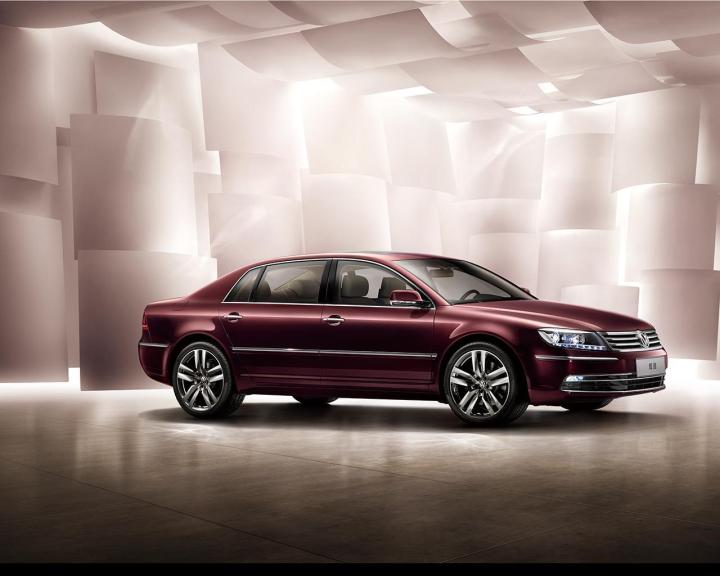
The news might come as a surprise because the Phaeton was axed from the Volkswagen lineup in the United States after the 2006 model year. However, it’s still offered in a handful of European countries, where its base price is generally markedly higher than that of an Audi A8, and in China, where it was recently given a few minor updates inside and out.
The Phaeton has consistently missed its sales targets since its introduction, but demand has plummeted in recent months and production has consequently dropped to approximately eight cars a day. The glass-walled factory in Dresden, Germany that churns out the sedan will shut down for about a year after the last example rolls off the assembly line and will be completely revamped. Its full-time employees will be transferred to other Volkswagen Group factories in the region, while some temporary workers are expected to lose their jobs altogether.
Volkswagen officials told trade journal Automotive News that the Dresden factory will be assigned a new model to build as soon as it re-opens, though they stopped short of confirming what it will be. Insiders have also revealed that the next generation of the Phaeton will be assembled in Dresden starting in 2019.
The second-generation Phaeton is a monumentally important model because it will spearhead Volkswagen’s electric car offensive. It will again take the form of a highly luxurious, Audi A8-sized sedan with an understated design, but it will not be offered with conventional gasoline- and diesel-burning engines. Instead, it will be equipped with an evolution of the 430-horsepower battery-powered drivetrain that will be inaugurated by the production version of the Audi e-tron quattro concept in a couple of years’ time.



